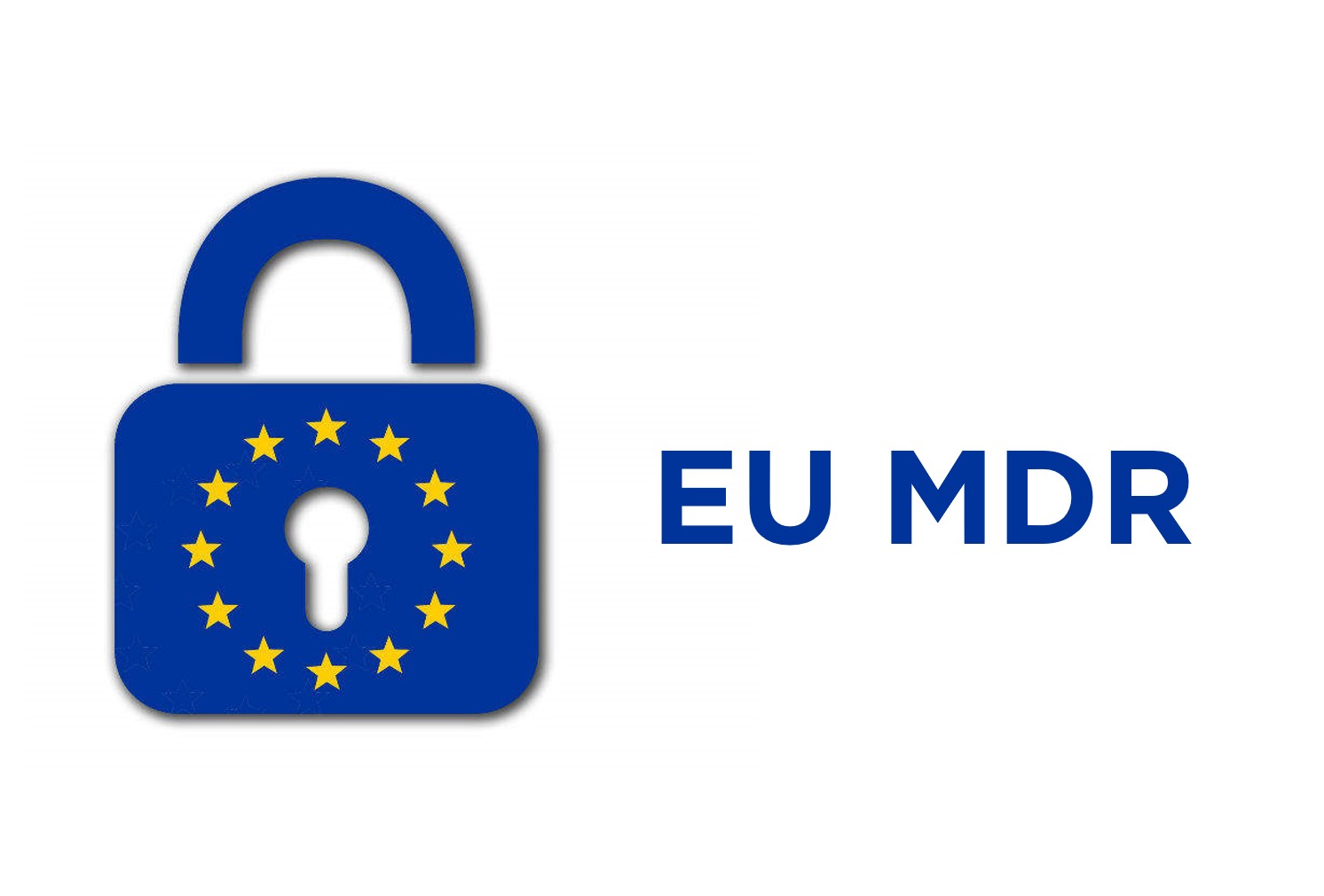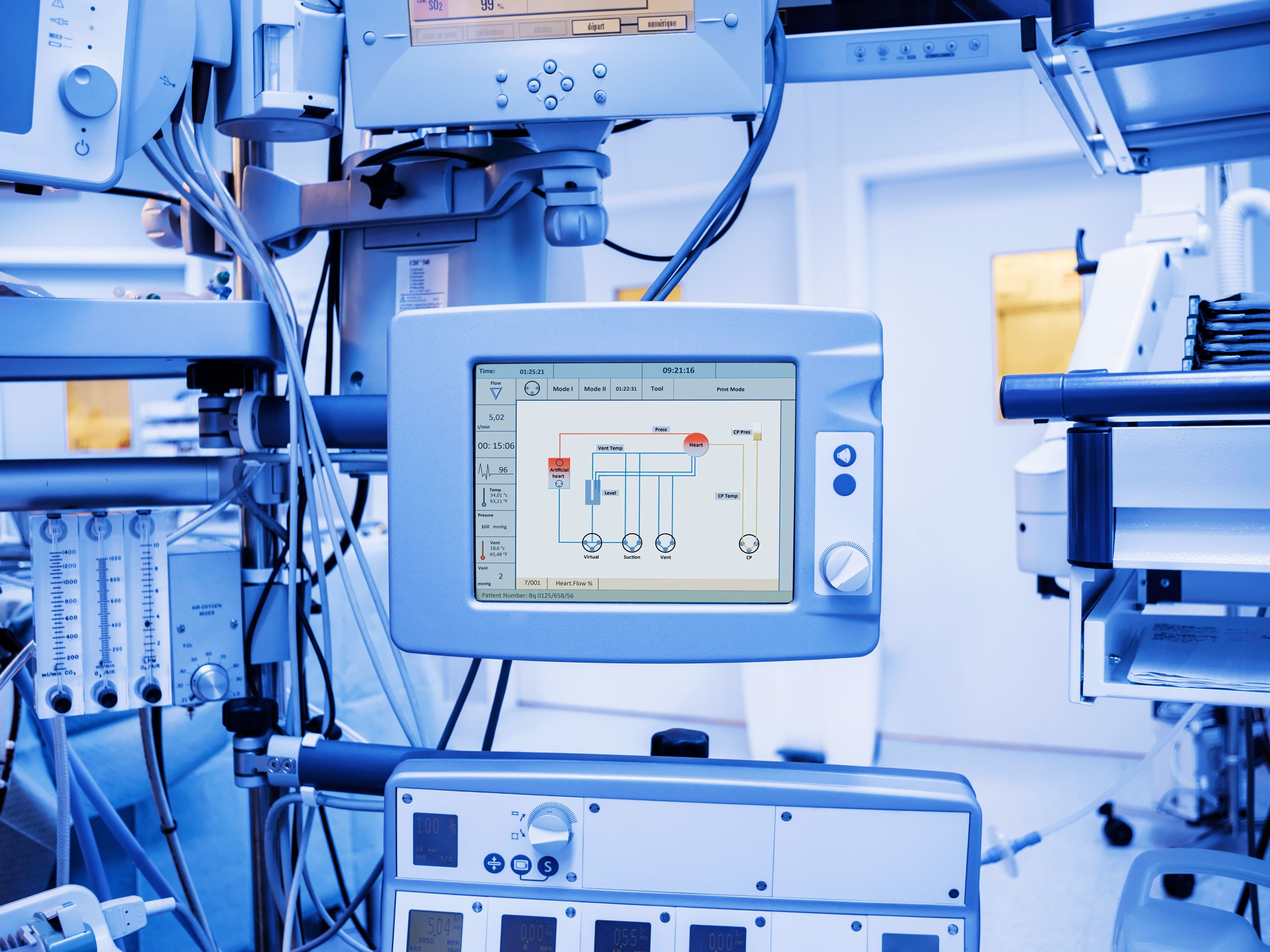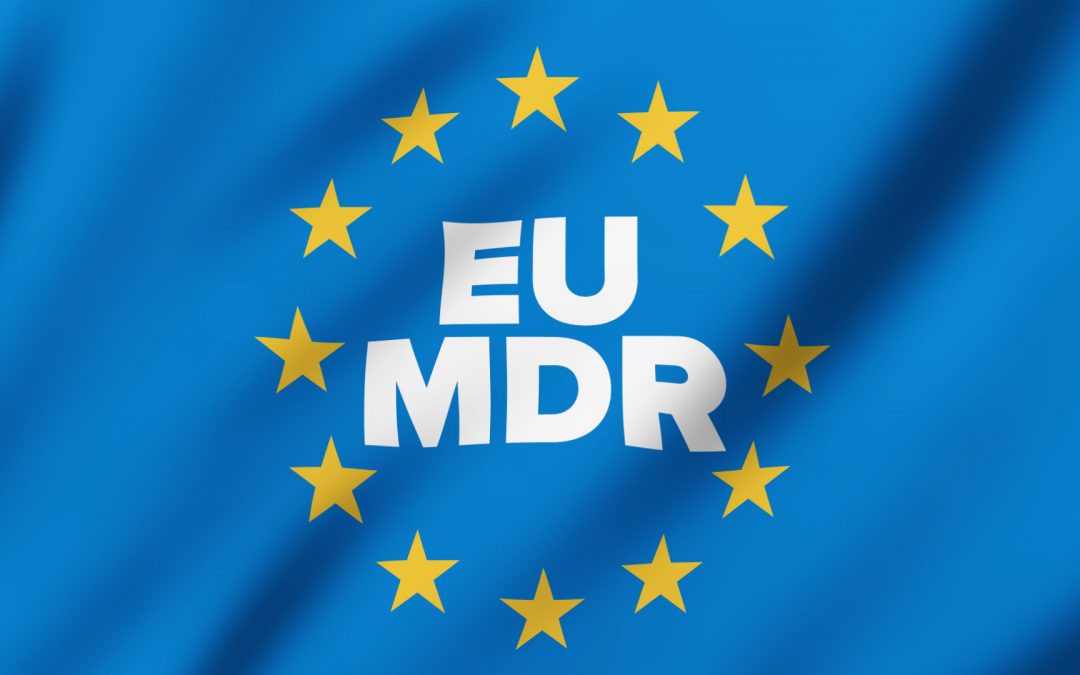MedTech Europe, the association of companies that operate on the medical device market, is deeply concerned with the current situation regarding the implementation of Regulation 2017/745 (MDR). The association warns medical device manufacturers, importers, distributors and other parties involved about the possible issues that could be caused by the delay in the actual implementation of the new regulatory framework.

MDR Notified Bodies Designation Issues
Once the MDR takes effect, medical device manufacturers have only three possible options to make their devices available on the market, namely:
- To pass the certification process that is performed by one of the Notified Bodies Duly designated under the MDR to confirm the compliance with applicable safety and performance requirements and obtain the CE marking,
- To pass the certification process under the framework established by the Medical Device Directives replaced by the MDR, that is possible only prior to May 26, 2020 (the grace period for eligible devices), or
- To apply for the registration on the national level in order to keep the device available for the patients and healthcare facilities.
The document published by the association highlights the most significant challenges medical device manufacturers could face when utilizing any of the aforementioned approaches. According to the MDR, the manufacturer of a medical device should submit an application to a Notified Body – a special entity eligible to perform compliance assessments of medical devices and issue certificates allowing the placement of devices on the EU market. Notified Bodies are responsible both for initial certification (premarketing approval of novel devices) and for the recertification of the devices that are already available.
The association describes the following as the most pressing issues associated with MDR Notified Bodies:
– There are only a few Notified Bodies already designated under the new framework. Once the regulation enters into force, they would have to deal with the whole flow of applications for certification and renewal of the certificates issued under the Directives. Lack of MDR-designated Notified Bodies could possibly lead to substantial delays in processing the applications that could result in shortages making some of the devices unavailable.
– Certain types of medical devices could fall outside the scope of medical devices that could be evaluated due to the absence of the expert panels eligible to assess such devices.
– The regulatory framework is still uncertain and some acts and regulations are still absent. This could result in significant issues during the implementation of provisions and principles set forth by the MDR.
– The new regulation is also unclear for all parties involved, so it could be quite complicated for them to maintain compliance and fulfill the requirements.
– Some of the devices could become unavailable just because the Notified Bodies eligible to evaluate them could not manage to be designated in time.
– MDR Notified Bodies could also lack experts necessary to assess some types of devices (mostly innovative ones), so the novel devices could be actually prevented from being placed on the market.
The association notices that if the issues mentioned above would remain unchanged, the manufacturers could face significant difficulties when attempting to market their devices while the patients could fail to get access to the devices they need. To deal with such issues, the association suggests accelerating the process of Notified Bodies’ designation, form additional expert panels and provide all parties involved with the detailed guidelines describing all important aspects of the registration of medical devices under the new framework.

MDR Grace Period
Before the MDR takes effect, medical device manufacturers are allowed to renew the certificates issued under the Directives to be able to market the devices and get additional time to gain compliance with the new requirements. At the same time, this approach also has certain issues, such as:
– MDR-designated Notified Bodies could be overloaded by the premarketing approval applications for new devices, so they would probably be unable to process the renewal applications in a timely manner,
– The concept of “significant changes”: it is important to define whether the device is eligible for renewal, but the concept is still unclear.
– The implementation shows that the requirements set forth by both Directives and MDR have already mixed due to their implementation, which creates additional uncertainty for the manufacturers.
So, the MDR Grace Period could hardly be implemented. To deal with the issues associated with its implementation, the association proposes to allow Notified Bodies to continue accepting the renewal applications, provide the manufacturers with guidance on “significant changes”, and also to provide additional clarifications regarding the requirements.
EU-Wide Derogation
There is a third approach reserved for when any of the approaches described above could not be applied. The EU-wide derogation has been established as a way to make the devices critical for patients still available on the market in spite of any regulatory complexities. It is important to mention that even this procedure does not guarantee success. In particular, its implementation could be entailed by the following issues:
– The scope of EU-wide derogation is quite tight, so a lot of devices would certainly fall outside it. So, the requirements on eligibility restrict its application substantially.
– The EU-Wide derogation is only available under the MDR while the Directives that still remain in force require medical device manufacturers to pass the procedure in all member states to be able to market their devices on the whole EU market. This way is unsuitable for most of the manufacturers due to its complexity, time needed to perform it and huge associated expenses. Even under the new framework to be able to use this approach the manufacturer has to pass the procedure on the national level in the country of origin that sometimes could be quite difficult since the national regulations on derogation are mostly unclear and inefficient.
– All derogations are usually limited in time, providing the manufacturer with a relatively short period of time to confirm the compliance with the new regulations. Actually, this period could be too short for the manufacturer to be able to prepare and submit an application in accordance with the requirements set forth by the MDR.
To manage with the described issues, the association suggests extending the scope of derogations making wider the list of devices that could be eligible for derogation, to improve the procedures allowing to conduct the EU-wide derogation as fast, as it is possible, reducing the costs and time expenses; to extend the period of validity of the derogation providing the manufacturers with enough time to solve successfully all compliance issues, and to allow the placement CE-marking on the devices that have passed the aforementioned procedure.
At the same time, the association states that the first two approaches should be preferable. In case if they would be properly developed, the manufacturers would not even need to apply the third one.

How Can RegDesk Help?
RegDesk is a next-generation web-based software for medical device and IVD companies. Our cutting-edge platform uses machine learning to provide regulatory intelligence, application preparation, submission and approvals management globally. Our clients also have access to our network of over 4000 compliance experts worldwide to obtain verification on critical questions. Applications that normally take 6 months to prepare can now be prepared within 6 days using RegDesk Dash(TM). Global expansion has never been this simple.
Sources:
https://www.medtecheurope.org/resource-library/implementation-status-of-the-mdr/

